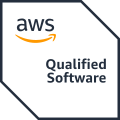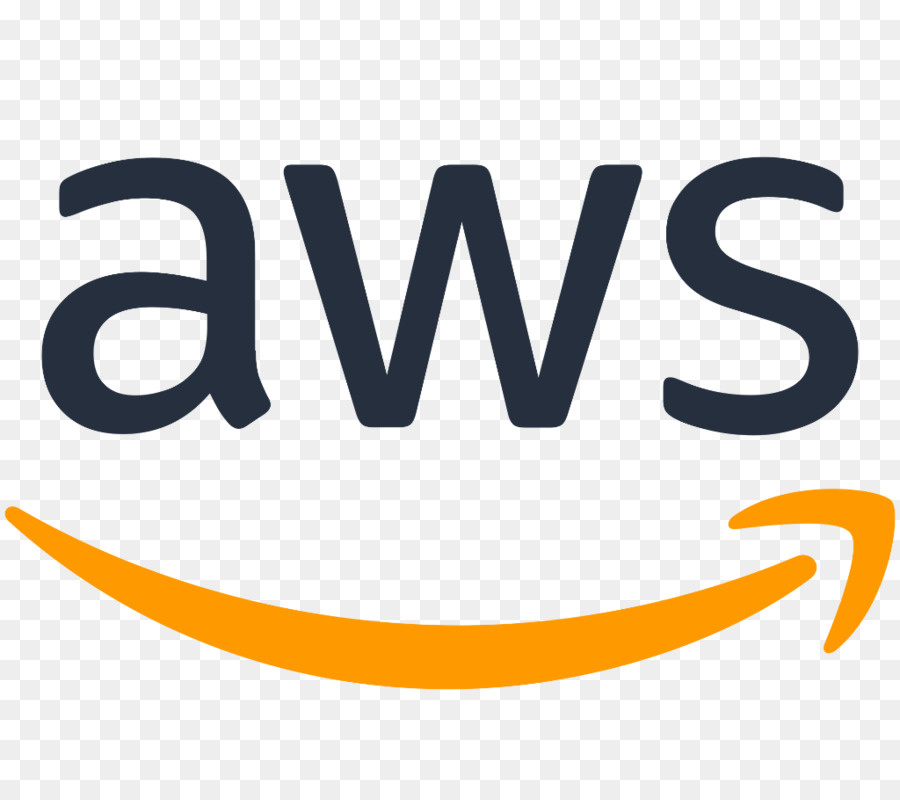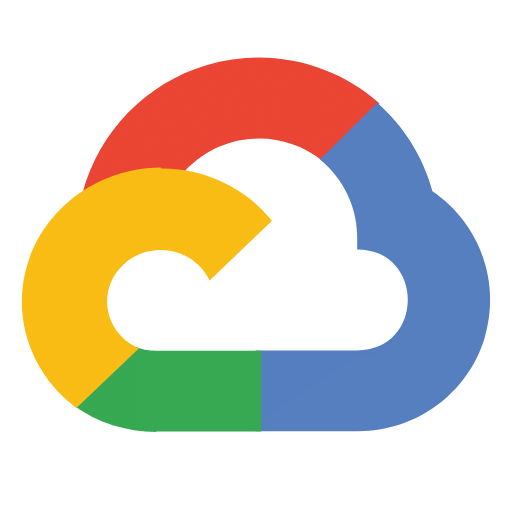Compliance
MaestroQA security and compliance certifications, attestations, policies and security reports apply across our entire organization, covering all core processes, infrastructure, and applications. This includes MaestroQA web application, the Screen Capture chrome extension, and desktop application.

SOC 2 Type 2
Service Organization Controls (SOC 2) (Type II) - Security, Confidentiality and Privacy

ISO 27001
ISO/IEC 27001 information security, cybersecurity and privacy protection
PCI
PCI DSS 4.0 Level 1 Service Provider AOC
HIPAA
Type 1 Attestation (AT-C 105, AT-C 205 and AT- C 315) HIPAA / HITECH
GDPR
Protect the personal data and privacy of EU and UK citizens for transactions that occur within EU member states and UK
CCPA
California Consumer Privacy Act, is legislation designed to improve the data privacy of California residents
ISO 42001
We are proud to share that our team is fully aligned with the requirements of ISO/IEC 42001 for AI management systems, demonstrating our commitment to trustworthy, and secure AI practices. Using the audit monitoring tool SecureFrame, we have verified 100% compliance with ISO 42001 standards, ensuring that all processes and controls are in place. While the external certification audit is expected soon, this milestone underscores our dedication to maintaining the highest standards in AI governance, with the official certification to follow soon.

AWS Qualified Software / Partner
AWS Foundational Technical Review (FTR) Validation making us an officially certified AWS Partner. This validates MaestroQA's alignment with AWS’s highest standards of security, reliability, and operational excellence.
MaestroQA Overview and Security
MaestroQA
MaestroQA is a Quality Management, Coaching, and Analytics
Solution that helps assess areas of improvement within the customer experience to drive customer loyalty and
satisfaction. We help organizations achieve this through workflow automations, human-driven assessments, and
in-depth reporting. MaestroQA was founded in November 2013 with the objective of helping companies improve the
quality of their customer experiences. MaestroQA allows companies to monitor, quantify, and improve their
support by providing a platform for review and collaboration on customer conversations. The organization is
based in New York City and serves customers around the world with their cloud based solution.
MaestroQA services many industries and organizations around the world, varying from small and medium businesses
to Fortune 500 enterprises.
MaestroQA is also the recommended Quality Assurance partner for Zendesk and Salesforce. MaestroQA has officially received AWS Foundational Technical Review (FTR) Validation making us an officially certified AWS Partner. This validates our alignment with AWS’s highest standards of security, reliability, and operational excellence.
Security
MaestroQA is committed to the security of our customers and their data. As a cloud-based company entrusted with some of our customers’ most valuable data, we are focused on keeping you and your data safe. MaestroQA undergoes periodic penetration testing and vulnerability assessments, is designed to be GDPR-compliant, and encrypts data at rest and in-transit. Our customers entrust sensitive data to our care. Keeping customer data safe is our priority.
Secure and Reliable Infrastructure
MaestroQA uses Amazon Web Services (AWS) for secure and resilient hosting of staging and production environments. MaestroQA leverages multiple availability zones to redundantly store customer data. AWS data centers are monitored by 24×7 security, biometric scanning, video surveillance and are continuously certified across a variety of global security and compliance frameworks.
Customer Data
Data used - Employee performance data entered into the system
through use of our product. Our product pulls ticket data as defined by the credentials provided to MaestroQA
during initial configuration/setup with customers. MaestroQA also provides an option to limit/tag certain fields
within the ticket and block the data for the marked fields to be pulled.
All data is encrypted at rest, in transit, and during backup. Access to data is limited to authorized personnel. Data retention in configurable, and data deletion process is in place.
Bug Bounty
We partner with HackerOne to run a private bug bounty program to help surface and resolve security vulnerabilities before they can be exploited.
AWS-Validated Solution for Your Business
Our product has been validated by AWS through the Foundational
Technical Review (FTR), demonstrating adherence to the highest standards of security, reliability, and
operational excellence.
What this means for our customers:
Compliance
MaestroQA security and compliance certifications and attestation reports are linked in the resources section below. The certifications and attestation reports apply across our entire organization. This includes the MaestroQA Web Application, Chrome Extension (pertinent to screen capture only) and Desktop Application (pertinent to screen capture only)
Privacy Documents
Acceptable Use Policy Link to MaestroQA Acceptable Use Policy.
Cookie Policy [Please refer to the Resources section]
Security Contact - [email protected]
MaestroQA Privacy Policy
Monitoring
Resources
SOC 2 Type 2 Report
Security, Confidentiality and Privacy Criteria; Period - January 1, 2024 - September 30, 2024
ISO27001 Certificate
Current Certificate valid until: January 6, 2028
PCI DSS 4.0 AOC
Level 1 Service Provider
HIPAA report
Information Security Policy
Penetration Test Report
Data Flow & Network Diagram
MaestroQA Cookie Policy
Subprocessors

Amazon Web Services
Data Hosting - Available options - US and EU
MongoDB
Data Processing

Coralogix
Monitoring operations of MaestroQA Services

Fullstory
Product analytics and debugging - no end user data shared

Google Cloud Platform
Enabling Gemini as an LLM provider for in-product services. Data shared only if using Gemini as LLM provider.
